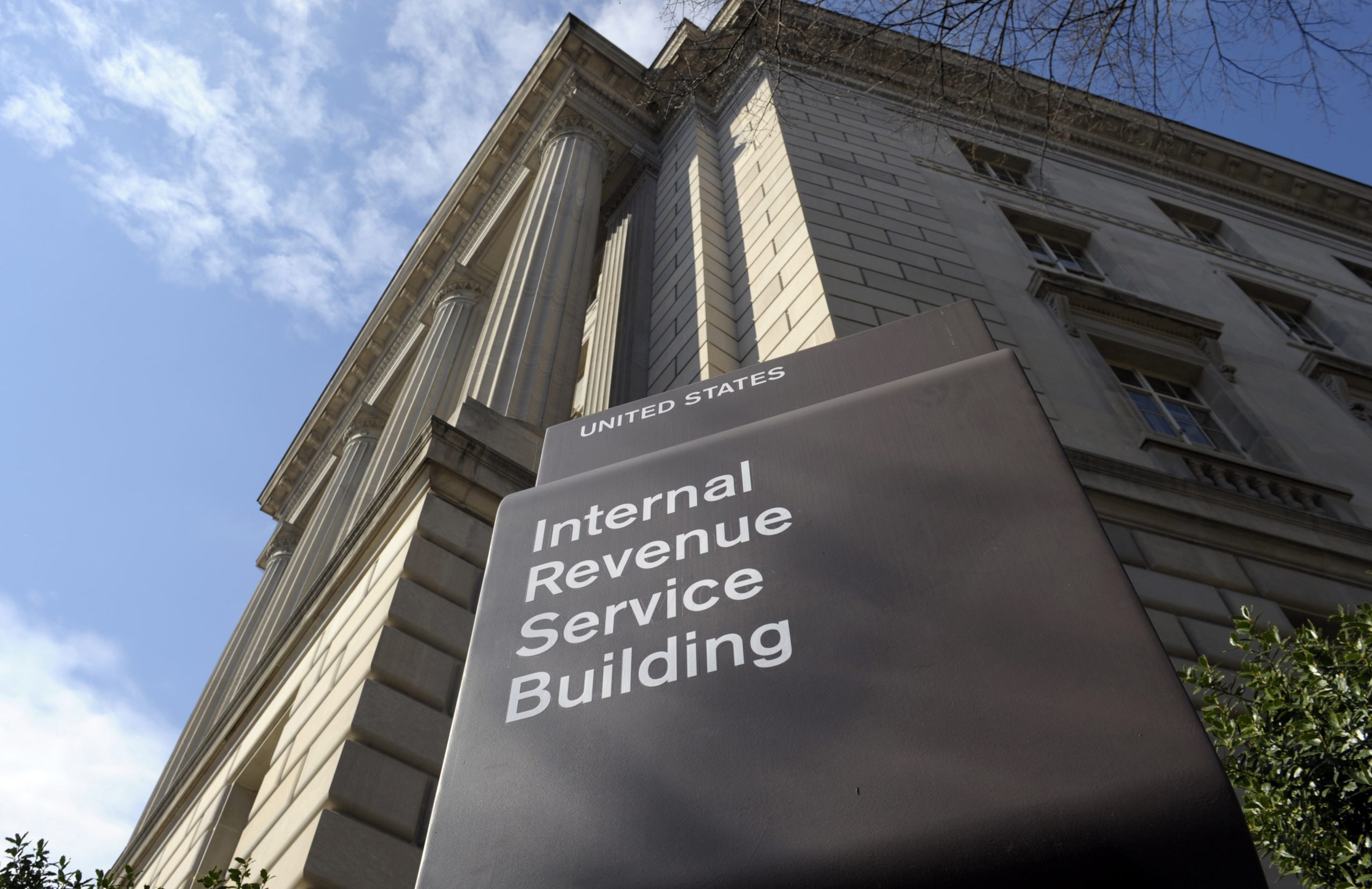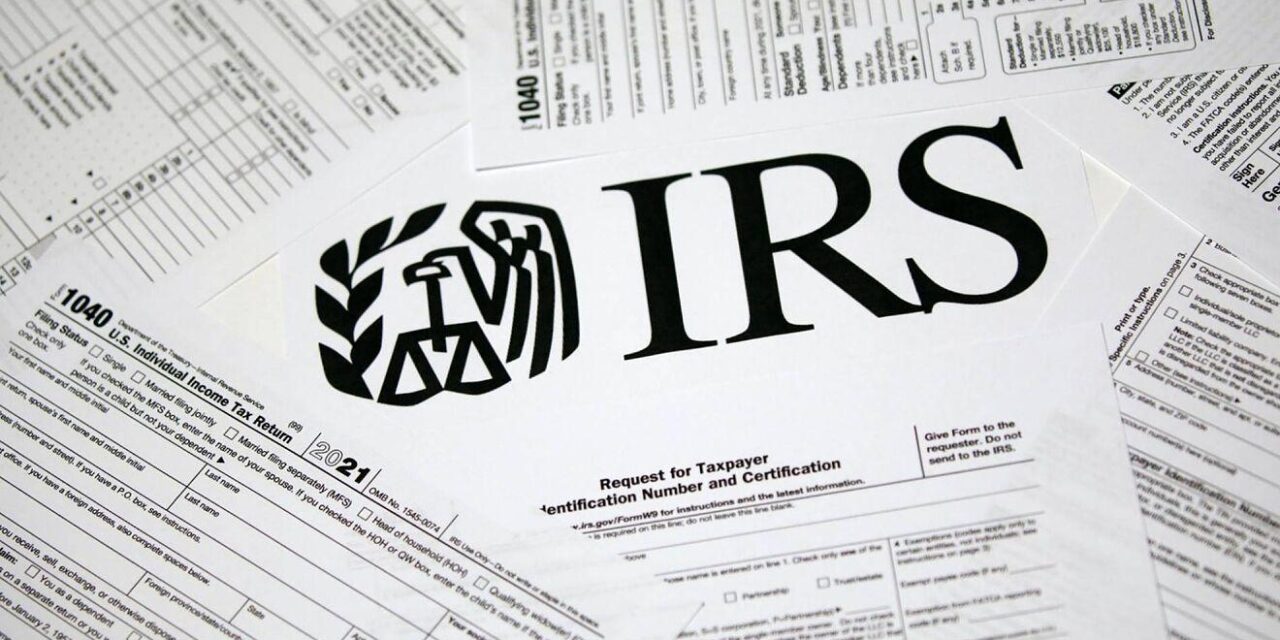IRS Wage Garnishments
The IRS Wage Garnishment: How It Works, How to Stop It
When you owe money to the IRS and you do not contact the government to set up monthly payments or file an Offer in Compromise, they can levy your paycheck, and this course of action is referred to as an IRS wage garnishment or IRS wage levy.
It is important to note that the only obligation the IRS has is to send a series of letters to your last known address. Once these have been sent, and 30 days have passed, the government can take most of your paycheck, as well as levy your bank account. There is no requirement that they make any real effort to find you, verify your address, or even make a phone call before attacking.
In a wage garnishment or wage levy, the IRS can take about 75% of your salary, leaving you with a subsistence wage…enough to pay for food, but that’s about it. The exact amount of a wage garnishment will depend on your salary, number of dependents, and other factors, but 75% is a good rule of thumb.
A wage garnishment is often more difficult to deal with than a bank levy. When the IRS takes 100% of your available assets with a bank levy, it may be easy to demonstrate that this created an unreasonable hardship. By comparison, when the IRS takes 75% of just one paycheck, it may be harder to show you are suffering. They then take 75% of the next paycheck, the next, and so on, until your debt is paid or other arrangements are made. On occasion, the IRS leaves a wage levy on your account to force you to get your financial statement and supporting documents together more quickly.
Time is of the essence when dealing with an IRS wage garnishment/wage levy. Allowing the IRS to drag out the process makes your financial situation more precarious with each paycheck.
The best way to avoid an IRS wage levy or wage garnishment is to be proactive. Contact the IRS and make payment arrangements. If you can’t afford to make monthly payments, submit an Offer in Compromise or request to be considered “temporarily uncollectable.” What you can’t do is ignore the problem.
You should not wait for someone to knock on your door, as this generally happens only after your bank accounts have been taken or a wage levy/wage garnishment is in place. It is up to you to be proactive and contact the IRS to resolve your debt.
By submitting a complete, accurate, and well-planned financial statement to the IRS you can stop a wage garnishment from happening, negotiate the release of a wage garnishment, as well as minimize an Offer in Compromise payoff amount or an Installment Agreement payment amount.
Premier Tax & Corporate, Inc., LLC will analyze your case, determine your best course of action, prepare your forms, review your supporting documents, send you a completed package reviewed by a tax attorney and an enrolled agent, and prepare a custom-made, detailed letter of instruction. We will also support you throughout the process by phone and online chat.
Put our decades of IRS experience to work for you and get great results. Click here to get started now, here to send an e-mail inquiry, or phone us at (800) 581-6716/(213) 985-1876 with any questions.







Leave a Reply
Want to join the discussion?Feel free to contribute!